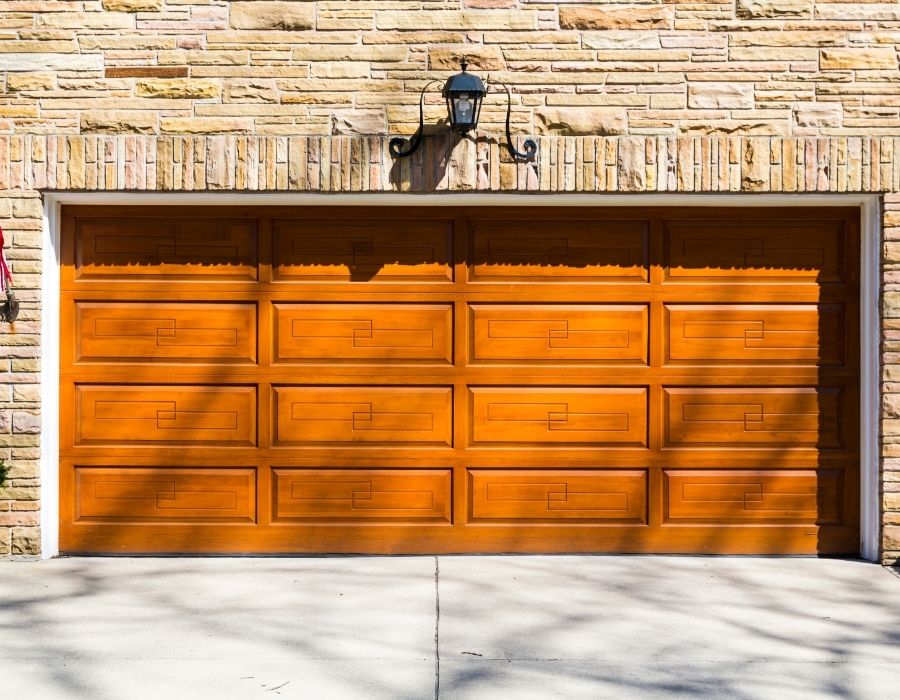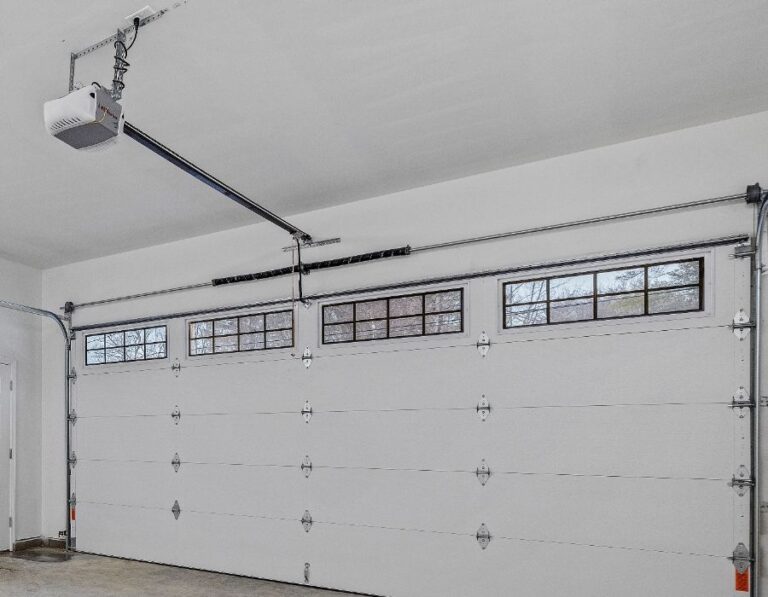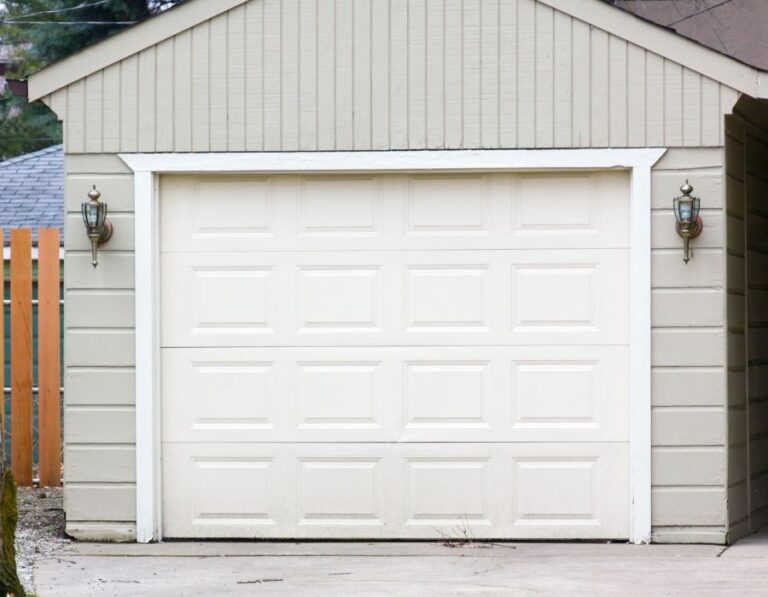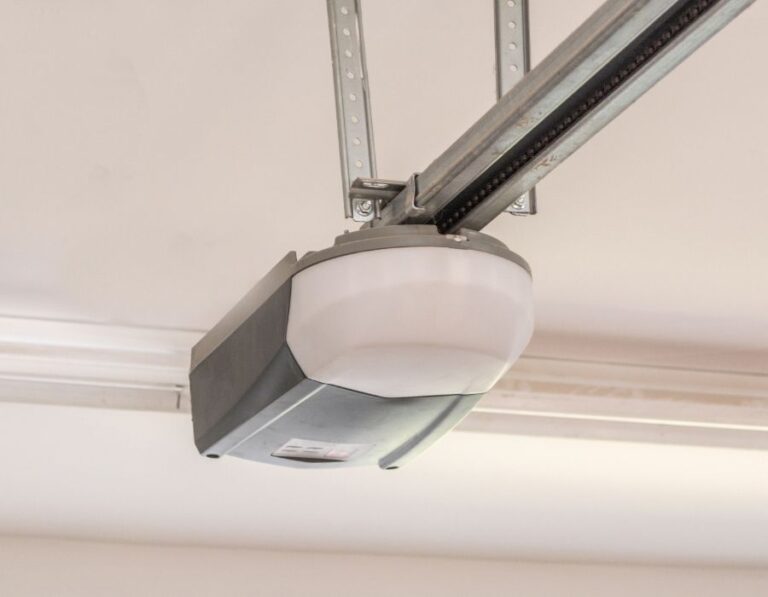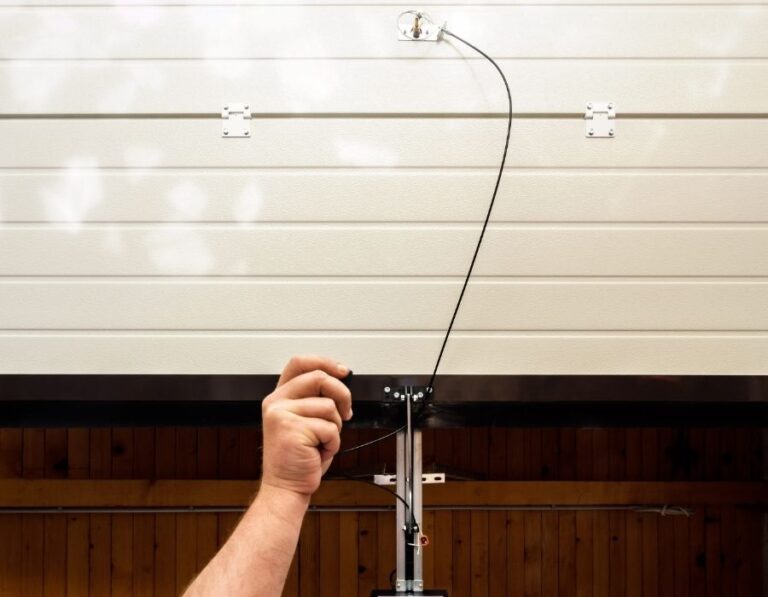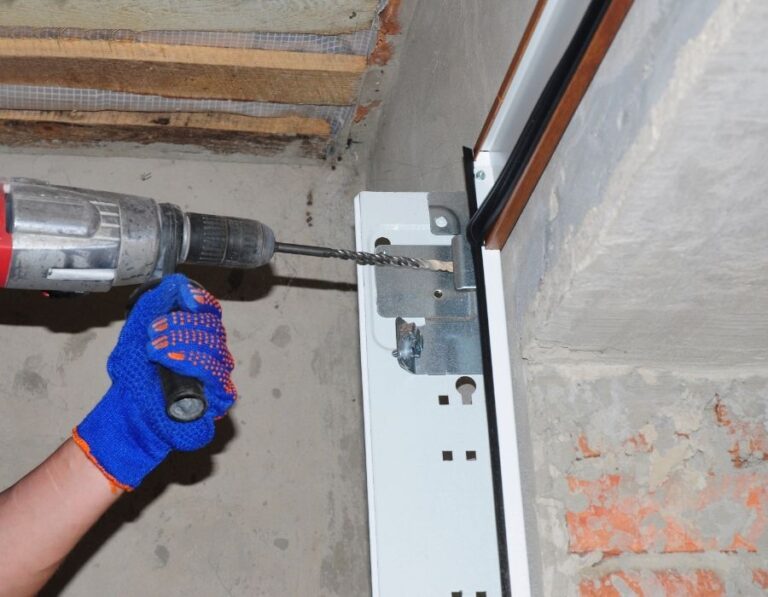Choosing the Right Garage Door Material: Wood, Steel, Aluminum, or Vinyl
Choosing the right garage door material is more than just a matter of aesthetics—it’s a decision that affects your home’s security, energy efficiency, and long-term maintenance. With options ranging from the timeless appeal of wood to the durability of steel, the lightweight design of aluminum, and the low-maintenance nature of vinyl, homeowners are often faced with a challenging choice.
Each material brings its own strengths and weaknesses, making it essential to consider factors like your climate, budget, and lifestyle before making a final decision. In this guide, we’ll explore the most popular garage door materials—wood, steel, aluminum, and vinyl—and provide valuable insights to help you determine which one aligns best with your needs.
Wood Garage Doors: Classic Elegance with a Touch of Luxury
For homeowners who value sophistication and timeless beauty, wood garage doors remain an unmatched choice. They bring warmth and character to a home’s exterior, complementing both traditional and contemporary architectural styles.
However, this beauty comes with a cost—not just financially, but also in terms of upkeep. Wood garage doors require regular maintenance, including sealing or staining, to protect them from moisture, warping, and rot. Without proper care, exposure to harsh weather conditions can significantly reduce their lifespan.
But when maintained properly, wood doors are not just visually appealing—they also offer natural insulation, helping to regulate temperatures in your garage. For homeowners who prioritize a tailored appearance, wood doors provide endless design possibilities, from custom carvings to unique finishes.
While they may not be the most practical option for every homeowner, they are undoubtedly the gold standard for curb appeal and timeless charm.
Key Takeaway: If you’re willing to invest time and resources into upkeep, a wood garage door can be an extraordinary addition to your home’s exterior.
Steel Garage Doors: Strength, Versatility, and Modern Durability
Steel garage doors have earned their reputation as one of the most popular choices for residential properties—and for good reason. Known for their durability, affordability, and versatility, steel doors are built to last.
One of the standout features of steel doors is their resistance to damage. They can endure extreme weather conditions without losing their structural integrity, making them a reliable option in various climates. Additionally, insulated steel doors provide excellent energy efficiency, helping reduce energy costs in homes with attached garages.
That said, steel isn’t entirely without its drawbacks. In coastal regions with high humidity or exposure to saltwater, rust can become an issue if the door isn’t properly treated. Additionally, while steel doors are sturdy, they can still dent if hit with significant force.
Nevertheless, their low-maintenance nature and cost-effectiveness make them a practical choice for most homeowners. Whether you prefer a sleek, modern look or a more traditional panel design, steel garage doors offer flexibility without compromising durability.
Key Takeaway: Steel garage doors strike the perfect balance between affordability, strength, and low maintenance, making them a top choice for homeowners across different climates.
Aluminum Garage Doors: Lightweight and Rust-Resistant
When it comes to combining modern aesthetics with rust resistance, aluminum garage doors stand out as a smart choice—especially in coastal or humid regions. Their lightweight construction makes them easy to operate, reducing the strain on garage door openers and hardware.
One of the greatest advantages of aluminum doors is their resistance to corrosion, which makes them an ideal choice for environments where humidity or salt exposure is a concern. Additionally, aluminum offers a sleek, contemporary appearance that works well with modern home designs.
However, aluminum does have its downsides. Despite its rust resistance, aluminum is more prone to dents and scratches compared to steel. For homeowners with busy households, frequent vehicle movement, or sports-playing kids, an aluminum door may show signs of wear more quickly.
That said, advancements in reinforced aluminum technology have improved durability while maintaining the material’s lightweight benefits.
Key Takeaway: Aluminum garage doors are perfect for homes in humid or coastal regions where rust is a concern, offering a lightweight design with a modern flair.
Vinyl Garage Doors: The Low-Maintenance Workhorse
If you’re looking for a garage door material that blends affordability with durability, vinyl is a strong contender. These doors are designed to withstand dents, rust, and weather damage, making them ideal for homeowners who want a fuss-free option.
Vinyl garage doors require very little maintenance. Unlike wood, they don’t need regular staining or sealing, and unlike steel, they won’t rust. Their resilience also extends to UV resistance, meaning they won’t fade or discolor when exposed to prolonged sunlight.
However, vinyl doors often have limited design and customization options. While they excel in practicality, they may lack the premium feel of wood or the sleek appeal of aluminum.
For budget-conscious homeowners who prioritize functionality and longevity, vinyl garage doors offer a reliable solution without the headaches of ongoing upkeep.
Key Takeaway: Vinyl garage doors are perfect for homeowners seeking a durable, low-maintenance, and cost-effective solution.
Making the Right Choice: Key Factors to Consider
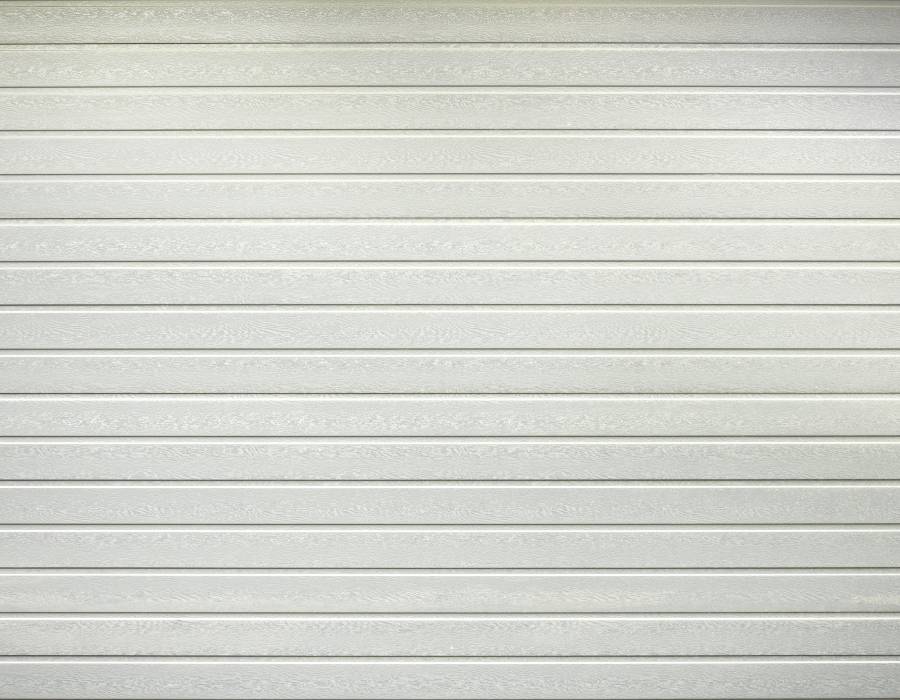
Selecting the ideal garage door material goes beyond appearance—it’s about aligning with your unique needs and circumstances. Here are some factors to consider:
- Climate: If you live in a humid or coastal area, aluminum or vinyl may be the best choices. For moderate climates, wood can thrive beautifully.
- Maintenance Commitment: If you prefer minimal upkeep, steel or vinyl are ideal. If you love the charm of wood, be prepared for regular care.
- Budget: Vinyl and steel are generally more affordable, while wood and customized aluminum doors fall on the higher end.
- Energy Efficiency: Insulated steel and wood doors perform well in maintaining indoor temperatures.
Your garage door is an investment—one that impacts your home’s security, functionality, and curb appeal.
Finding the Perfect Garage Door for Your Home
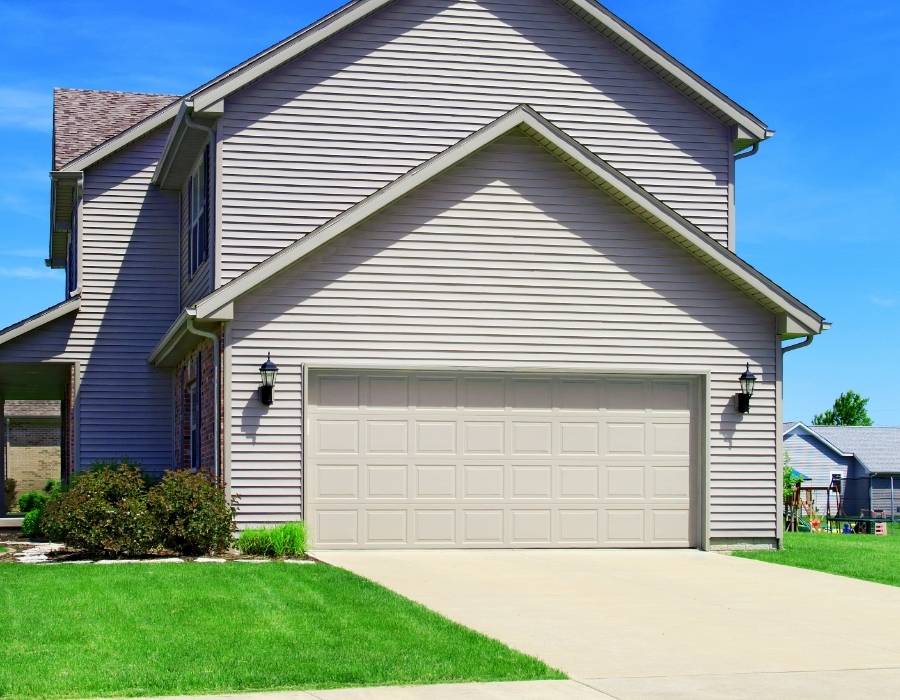
Choosing between wood, steel, aluminum, and vinyl garage doors ultimately comes down to your priorities, budget, and local climate conditions. Each material brings its own unique set of advantages, and understanding their strengths and weaknesses is essential to making an informed decision.
Wood garage doors are ideal if aesthetics and timeless luxury are at the top of your list. Steel offers a balance of strength, durability, and affordability, making it a practical choice for many homeowners. Aluminum shines in modern designs while offering rust resistance, perfect for humid or coastal environments. Vinyl stands out as a low-maintenance, cost-effective option that can handle daily wear and tear with ease.
Your garage door isn’t just about functionality—it’s also an investment in your home’s curb appeal, security, and overall value. Whether you’re prioritizing style, durability, or budget-friendliness, choosing the right material ensures a seamless blend of practicality and design.
When in doubt, consult a professional garage door specialist who can guide you based on your specific needs and preferences. After all, the right garage door doesn’t just close—it completes your home’s look and feel.

